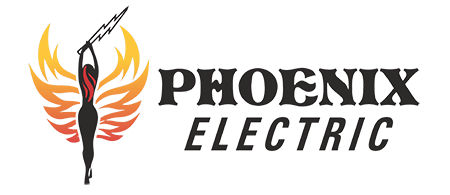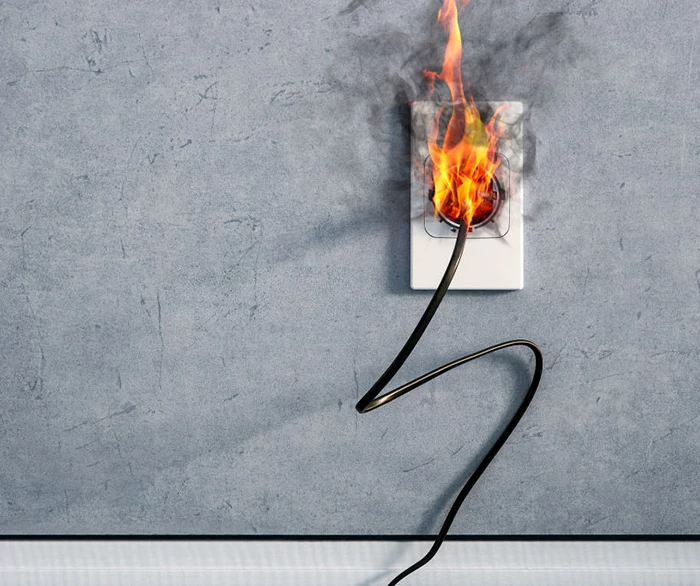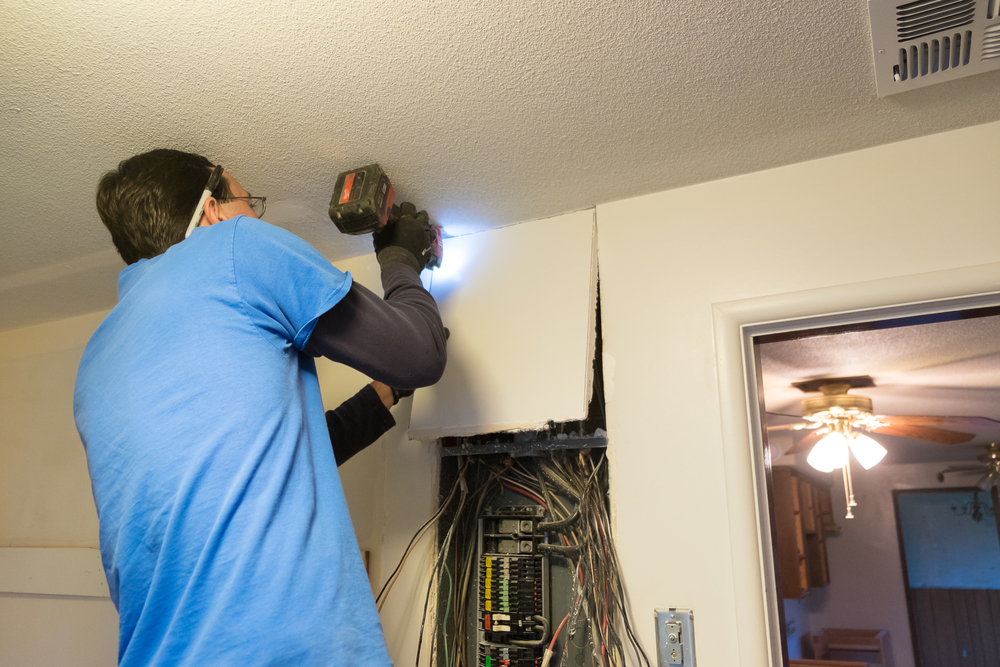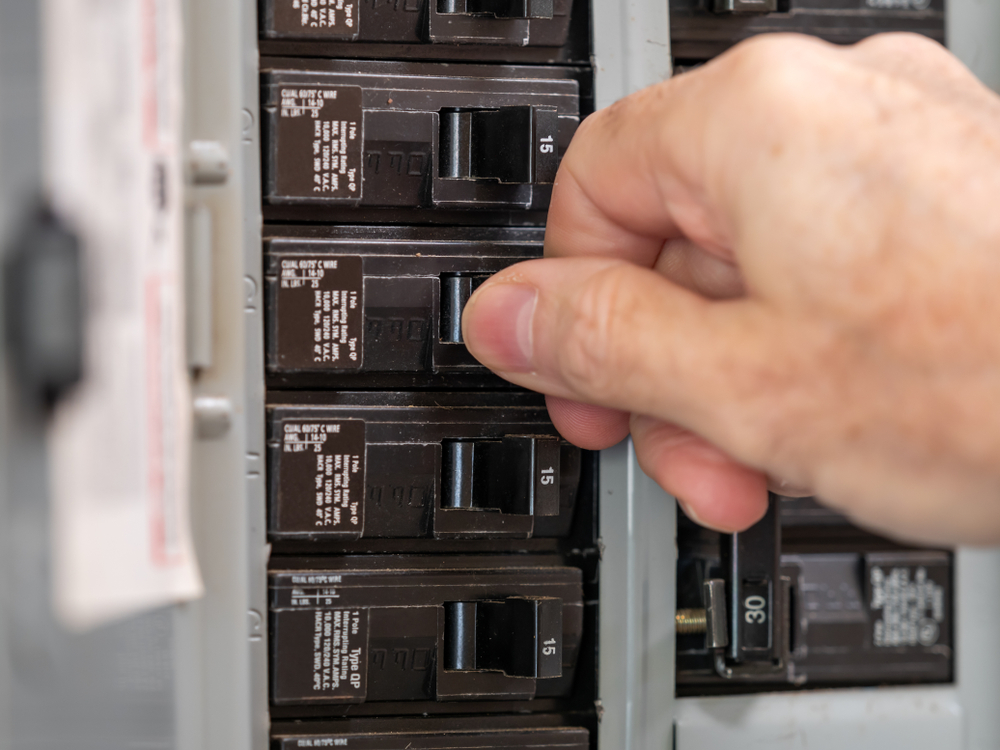How You Can Save Money On Your Power Bill by Running Your Appliances More Efficiently
You pay 1300 dollars on average each year for electricity, which means your electric bill can cost 5 to 10 percent of your income. If you are on this page, then we’re certain you want to pay as little as possible; however, there are many factors involved with electric bills. Thus, you must figure out where you should focus on lowering your monthly energy bills.
Each individual, family, and home have unique electric energy profiles. For instance, people living in 900 sq ft apartments likely have an HVAC, oven, fridge, and other electric appliances that affect their monthly electric expenditure. Individuals living in bigger or smaller spaces are likely to pay more or less.
You can lower your electric bill monthly by making minor changes like ensuring all lights are off and keeping your home’s cooling and heating to a minimum. You should also change to LED bulbs since they use less energy; you can also go an extra step and apply the money-saving tips listed below. So, how do you save your power bill by running appliances efficiently?
Tips to Lower Your Electric Bill and Save Money
Raise Your Fridge’s Temperature
You should raise your fridge’s temperature by a few degrees to save thousands of dollars you’d have spent on electric bills each year. For instance, your fridge’s fresh food section can keep your food fresh at 36 to 38° Fahrenheit.
Most fridges are often programmed to run at 2 to 5 degrees lower than required. You can set the freezer compartment between 0 and -5°. Additionally, it would be best to keep your freezer and fridge full. This uses far less energy since the fridge can easily maintain the internal temperature. You can place bags of ice in the freezer when it isn’t full.
Appliances: Turned Off and Unplugged
You should switch off and unplug your coffee maker before going out for the day. Coffee makers and other similar appliances are programmed with features like clocks or timers that force them to run all day. Such appliances become phantom loads and use energy even when they aren’t used. Unplugging them could save you lots of cash at the end of the day.
Lower Your Electric Bill by Using Your Dishwasher
Dishwashers are great since they save lots of water and electricity. Contrary to popular opinion, they use less water than handwashing your utensils. For instance, they use 9 times less water than you would if you hand wash your dishes.
Additionally, they use less electricity; however, you should run them at night during off-peak hours since it helps reduce the environmental impact and power consumption. It would be best if you also packed them with as many utensils as they can handle to save more water and electricity.
Change Your Cooking Practices
Maintaining better and energy-efficient cooking practices can help reduce the cost of electricity. For instance, you should let your food thaw before cooking it to save the cash you spent on electricity. Additionally, it would be best to cook with lids since it helps cut the cooking time in half, reducing the amount of electricity used.
Lower Your Electric Bill: Laundry
Ensure that your dryer’s exhaust is clean, which increases the airflow through the exhaust duct. Doing this helps your dryer run more efficiently, reducing the amount of electricity used. It would be best to use dryer balls to help expose your wet clothing to the hot air present in the drying chamber.
You should also wash your clothes at night during off-peak hours and wash them using cold water. Washing your clothes in cold water is just as effective as in hot water, which could save you more money. Additionally, you could take it a step further by line drying your laundry since it can save you more than 1.08 dollars per load.
To Conclude
According to Phoenix Electric LLC, these aren’t all the changes you can make to reduce your electricity costs; they are a good place to start. Next, you should work on insulating your home and purchasing electrical appliances with better energy consumption.




